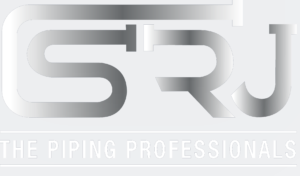
Modern fire protection systems are essential for industrial safety
Key Takeaways
- Industrial fire protection systems reduce risk by up to 85% when properly installed
- NFPA and IS standards mandate specific requirements for different industries
- Combination systems (water + chemical) provide the most comprehensive protection
- Professional maintenance can extend system lifespan by 10-15 years
- Early detection systems can reduce fire damage costs by 60-70%
Ongoing Maintenance Requirements
Regular maintenance is crucial for system reliability. Key activities include:
Weekly/Monthly Checks
- Visual inspection of components
- Alarm testing
- Pressure gauge monitoring
Quarterly Tests
- Water flow tests
- Control valve operation
- Backflow preventer checks
Annual Maintenance
- Full system inspection
- Sprinkler head checks
- Pump performance tests
Our annual maintenance program ensures your system remains in peak condition year after year.
Ready to Protect Your Factory?
Don't wait for an incident to discover your fire protection isn't adequate. Our experts will assess your facility and recommend the optimal solution.
Call Now: +91-80416-63637
Or contact us online for a free consultation




